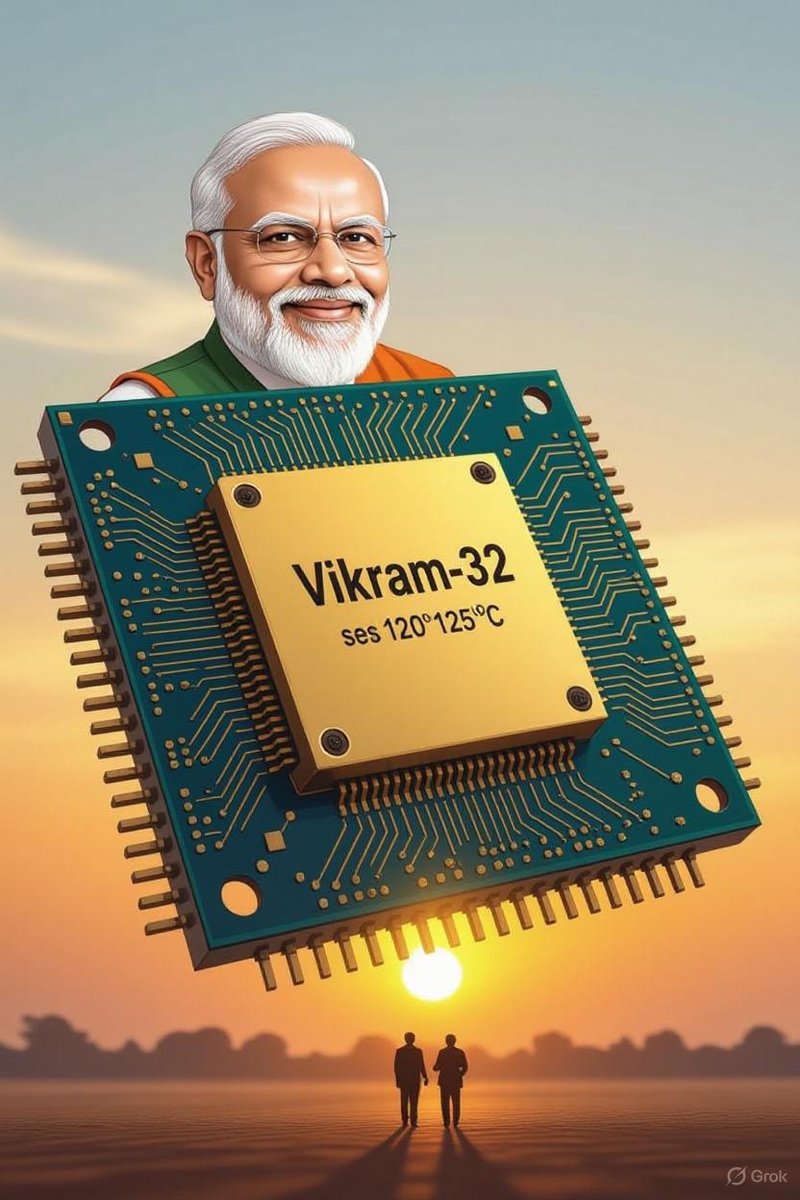Trump’s U-Turn on India: From Jilted Lover to Rose Garden Storyteller.
.
.
.
.
.
.
.
.
.
.
.
.
.
Read the entire to know how Trump is acting like a jealous and emotional lover

.
.
.
.
.
.
.
.
.
.
.
.
.
Read the entire to know how Trump is acting like a jealous and emotional lover


If international diplomacy were a stage play, Donald Trump would be its most unpredictable actor — a man who can deliver heartbreak monologues one night and sing love ballads the next.
Why? Well, read it further
Why? Well, read it further
Only yesterday, his Truth Social post read like the diary entry of a spurned lover: “China has stolen India and Russia away from me…” The world saw a U.S. President sulking like an abandoned romantic, dripping angst over New Delhi’s choices. Fast-forward a few hours, and the same Trump reappears — this time gushing about Prime Minister Modi being a “great Prime Minister” and “a very close friend.” From jilted lover to desperate suitor, the transformation was pure theater.
And in true Trumpian style, the moment couldn’t be complete without a detour into… landscaping. Asked about U.S.–India ties, he wandered into a ramble about the White House Rose Garden, proudly narrating how he replaced grass with stone after Modi’s visit. Only Trump could reduce geopolitics to gardening tips.
But satire aside, what happened here? Trump blinked.
India had already made its position crystal clear. Finance Minister Nirmala Sitharaman bluntly told the world: India will keep buying Russian oil, Russian weapons, and will continue to act in its own interest. Translation: “Thanks for your advice, Mr. Trump, but we’ll pass.”
India had already made its position crystal clear. Finance Minister Nirmala Sitharaman bluntly told the world: India will keep buying Russian oil, Russian weapons, and will continue to act in its own interest. Translation: “Thanks for your advice, Mr. Trump, but we’ll pass.”
And Modi? For months he ignored Washington’s bark — letting Trump’s attack dogs howl while India carried on. This time, however, Modi responded. Not with bluster, but with a calm tweet: thanking Trump for his “positive sentiments” and reaffirming the “forward-looking partnership.” It was diplomacy at its finest — smile politely, nod graciously, and let the other side pretend they won.
The truth? Trump folded under pressure — not Indian pressure, but American. Wall Street bankers, Silicon Valley CEOs, and defense lobbyists know where the money is, and it’s not in picking fights with India. JP Morgan can’t afford to lose Indian markets, GE won’t risk its mega defense contracts, and Silicon Valley doesn’t want its biggest growth market soured. They told Trump plainly: “Don’t mess with India.”
So here we are. Trump the tough guy, who thundered about tariffs and betrayal, suddenly singing duets about “special ties.” The same man who tried to strong-arm India into submission is now spinning fairy tales about the Rose Garden.
Let’s be clear: this is not peace, it’s a tactical retreat. The tariffs are still there, the disagreements remain, and the test of wills continues. But the imagery is striking — the self-proclaimed dealmaker, forced into a U-turn, while India stood firm without even breaking a sweat.
The lesson? India is not Japan. It is not the EU. And it most definitely is not Trump’s emotional rebound. India is India — a civilizational power with the purchasing muscle of a billion people and the strategic clout of the Indo-Pacific. If America wants a deal, it will have to come with respect, not roses.
Until then, Trump can keep telling stories about his garden. India will keep rewriting the script.
Until then, Trump can keep telling stories about his garden. India will keep rewriting the script.
• • •
Missing some Tweet in this thread? You can try to
force a refresh











